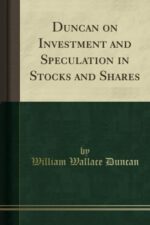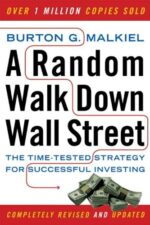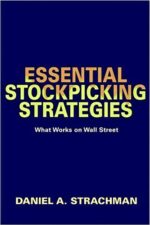C++ For Quantitative Finance
$14.20
The C++ For Quantitative Finance book is designed to teach junior/prospective quants with some basic C++ skills to be a professional grade quantitative analyst with advanced C++ skills. The book describes advanced features of C++ such as templates, STL, inheritance, polymorphism and design patterns. In addition, the book applies these features to numerical methods used by quants, such as Finite Differences and Monte Carlo, to numerically determine the price of derivatives. The book is driven by examples and includes many projects to implement the principles and methods taught.
Introduction:
The book has been written for prospective and junior quantitative analysts who have some expo-sure to programming with C++ and wish to learn how to program in a professional environment. It is designed for those who enjoy self-study and can learn by example. Much of the book is about actual programming and implementation – you can’t be a good quant unless you implement your mathematical models!
The book is broken down into chapters, each of which will concentrate either on a feature of C++ or on a particular implementation of a pricing model. The first set of chapters concentrate on intermediate features of C++, along with implementation examples of basic quantitative finance concepts. These initial chapters will teach you about the language features, which will be applied to the implementation of quantitative models later on in the book. You will cover the following topics:
- Object Oriented Programming (OOP)
- Option and PayOff Classes
- Pass-by-Value/Pass-by-Reference
- Const Keyword
- Inheritance
- Abstract Base Classes
- Virtual Destructors
- Function Objects
- Operator Overloading
- Generic/Template Programming
- Standard Template Library (STL)
Contents:
- Introduction to C++
- Your First Quantitative Finance C++ Program
- Option Pay-Off Hierarchies and Inheritance
- Generic Programming and Template Classes
- Introduction to the Standard Template Library
- Function Objects
- Matrix Classes for Quantitative Finance
- Numerical Linear Algebra
- European Options with Monte Carlo
- Calculating the “Greeks”
- Asian/Path-Dependent Options with Monte Carlo
- Implied Volatility
- Random Number Generation and Statistical Distributions
- Jump-Diffusion Models
- Stochastic Volatility
- Single Factor Black-Scholes with Finite Difference Methods
C++ For Quantitative Finance By Michael L. Halls-Moore pdf
| Author(s) | |
|---|---|
| Format | |
| Pages | 263 |
| Publication Year | 2014 |









